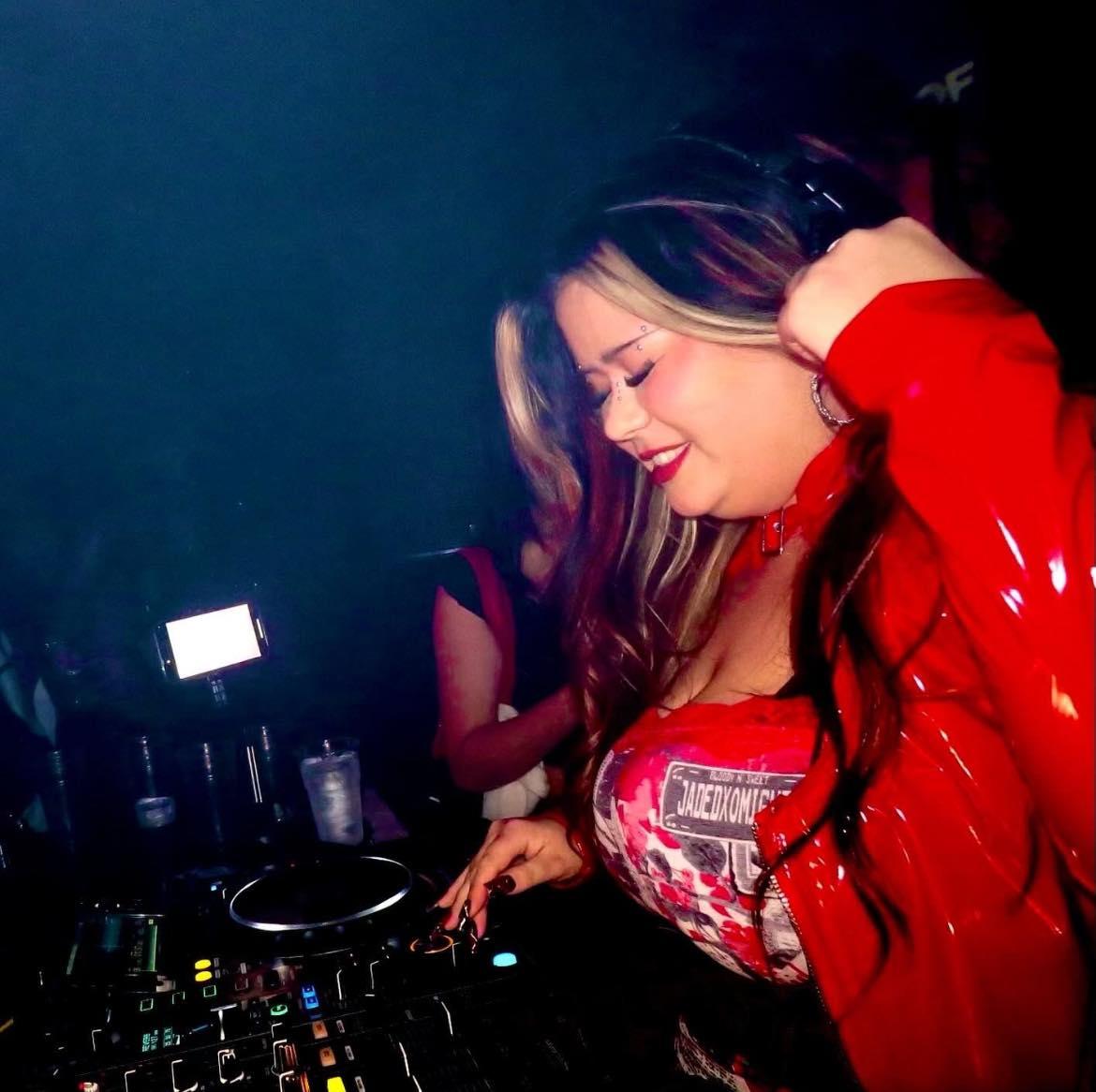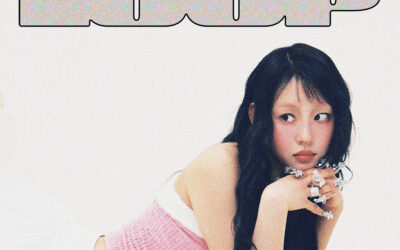What do female DJs want to tell you? Behind the face of the people who remix your favourite tunes, and in an industry as versatile as music, here’s a glimpse into what female artists want, and a look beyond the stereotypical image of a DJ.
“I don’t want to be asked about what it’s like being a woman in the music industry.” That’s coming from Priya, a Brighton-based DJ.
As female DJs grow restless from the conversation centred on how “it’s a highly male-dominated field”, they are now trying to step away from gender labels to focus on sharing their talent with other music lovers, as well as uplifting others in the industry.
For much of her DJ career, Priya has heard the same questions about the female music industry. “It all kind of ties in eventually, without needing to mention the fact that we are all women.”
And yet here we are again. It should be noted that conversations like this need to be had, so people know, before the next time they ask, that maybe the question about the struggles of being a woman doesn’t need to be woven into everything.
Priya said: “We have a sisterhood and support each other through all the shit bits. A lot of the community work that is done to make music accessible is created by women, non-binary and trans artists.”
Speaking of community, over the last five years, female DJ collectives such as 6 Figure Gang and Pxssy Palace have emerged in the UK club scene, looking to prioritise safe space policies for queer and non-binary people, trans women, and women of colour.
DJ Luna, a DJ hobbyist based in Milan, has only played a handful of sets in London and Manchester. She works as a club promoter and part-time influencer, with over 19,000 followers on TikTok.
She tells me there’s too much focus on her womanhood, and never enough about the work she’s put in to rise above the stereotypes of being a female DJ.
“And the thing is, too, do you ever notice no one says ‘male DJ’? It’s just ‘DJ’ for men. If you look on booking websites, we’re separated into ‘DJ’ and ‘female DJs’.” Luna says she feels exasperated and unheard.
“The spotlighting on how we’re women feels superficial and performative at best. I want to be recognized for my sick sets, not how hard life is as a girl. Any woman could tell you the difficulties.”
She continues: “And yes, of course it’s important to talk about the patriarchal nature of the world we live in, but when our careers take the brunt of these conversations, it almost makes me feel pitied and not empowered.”
A simple search on Google for ‘female DJs disrespect’ or ‘harassment’ yields a myriad of articles, studies and Reddit threads of women talking about how a man has insulted, harassed them, or messed up their performances.
“Men run up to my sets and start pressing buttons, or accuse me of not actually DJing. They’ve called me racist names. You don’t see blatant disrespect like that with male DJs, do you? But I’ve also been the only person to tell them to fuck off.”
What Luna wants the world to know is that reducing their music down to the struggles of their gender feels reductive to their hard work. A focal point here, she says, is to not only note women for their struggles in the music industry, but to acknowledge their successes, their artistry and all the women who help each other.
Kat Friar, better known as DJ Katalyssst, is a 24 year old DJ from London. Kat thinks she deals with some internalised misogyny, but only toward herself.
“Sometimes when I talk to male DJs, I think to myself, ‘why the fuck would they care about what I think?’. The imposter syndrome because you’re a woman will never go away.” Imposter syndrome is a condition characterised by self-doubt regarding one’s intellect, skills, or achievements.
“On the other hand, when it comes to women, I think we’re a strong community.”
She added: “Do I get sexualised? Yes. Do I feel like what I choose to wear helps with bookability? Yes. There are things I expected coming into the industry, and these were the unfortunate ones.
And while it’s disappointing and very frustrating, I know things are changing. Within our DJ community, there’s no competition, despite the circle being small. It’s all love.”
According to DJanemag, the average ratio of female to male DJs in the lineups for clubs and festivals equals 1:12. However, music tech company A2D2 reported female DJs are playing twice as many shows as their male counterparts. The statistics are conflicted; there is a clear unbalance. Is the DJ scene equal, or are women still outnumbered? The problem is, no one seems too sure, with research still leaving girls behind.
Kat said: “When it comes time to book us, it’s often crickets. But this has always been the case.”
“We do have to work twice as hard as men do. But it’s also not black and white. Instead of solely focusing on that, I want to focus on what I’m proud of.”
Priya said when people feel they have to tick the quota boxes when including women, especially in the music industry, it actually doesn’t help underrepresented women at all.
She highlighted how they really do get the same questions every time, that a lot of the work done for the community right now is created by women, like the Free Priya DJ School, which offers a free six-week program designed to teach anyone the basics of DJing. She’s also an activist, holding medical fundraisers for Palestine and other causes such as mental health.
Katalyssst said her achievements include playing a show for Pxssy Palace recently. “I also got booked to play for an Adidas store opening twice, and I think that was the proudest I’ve ever been of myself.”
Meanwhile, Luna is an activist for the Black Lives Matter movement. She also volunteers at animal shelters, as well as using her platform to encourage donations to relief funds for Palestine. As her platform grows, she has been invited by clubs all over Europe to DJ, including in Croatia, Germany and France.
Formidable forces in their own right, female DJs want everyone to know: there’s more to them than how others treat them; they’re animal lovers, activists, students and mentors who unite over a love for playing and sharing music. So yes, gender remains a point of discussion, but it holds its importance in starting a conversation on their endeavours and successes more so than their struggles.
Article credits: Elisabeth Graham
Edited by: Mia Rose




